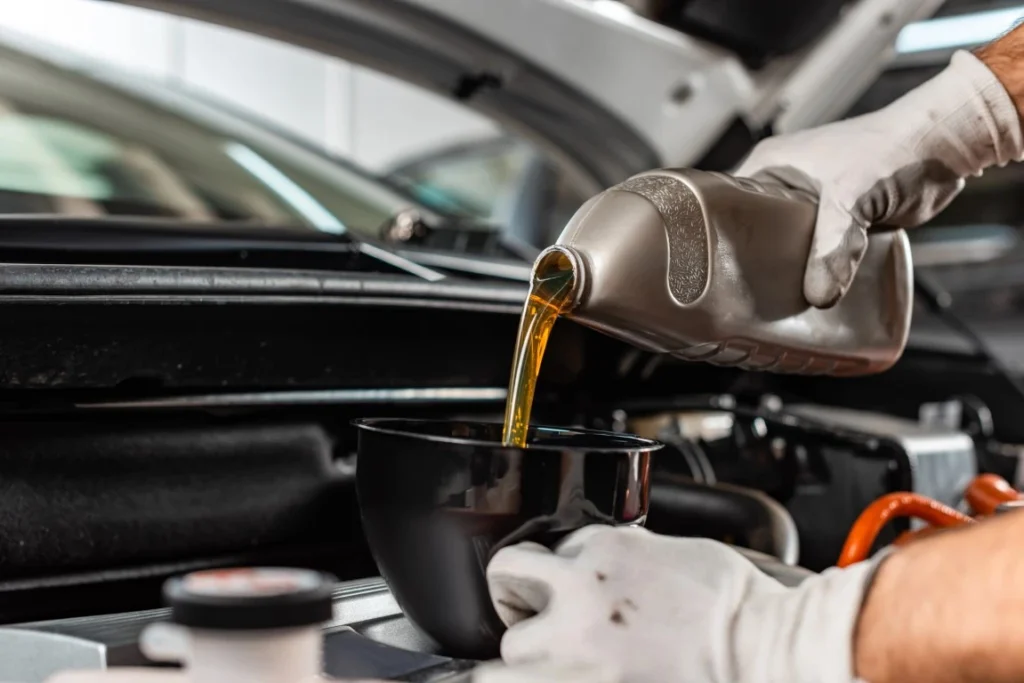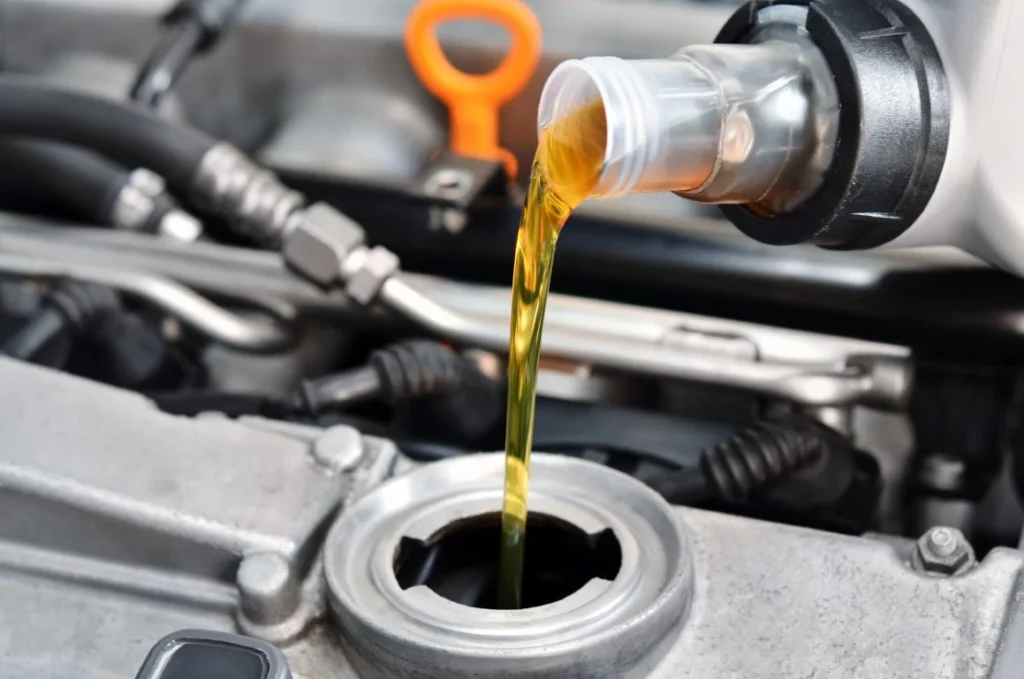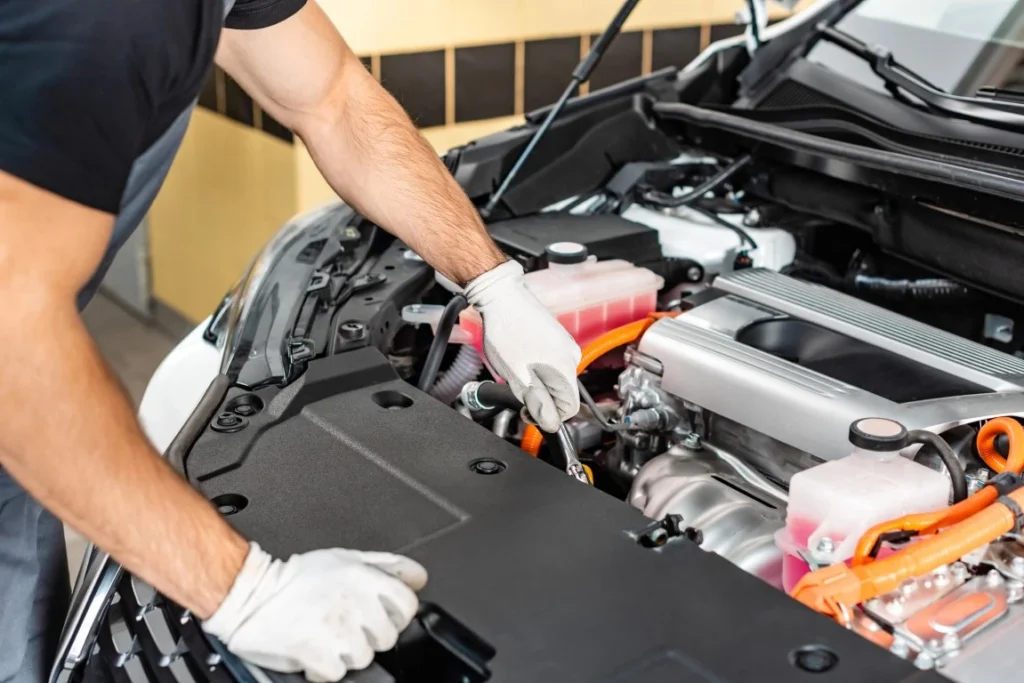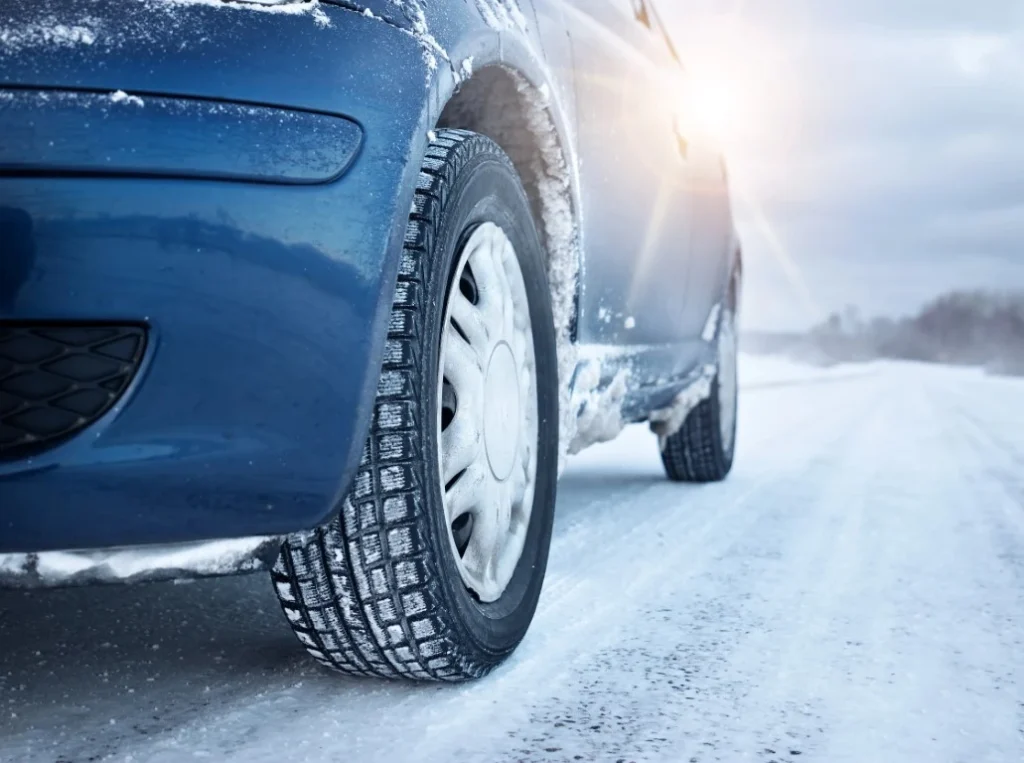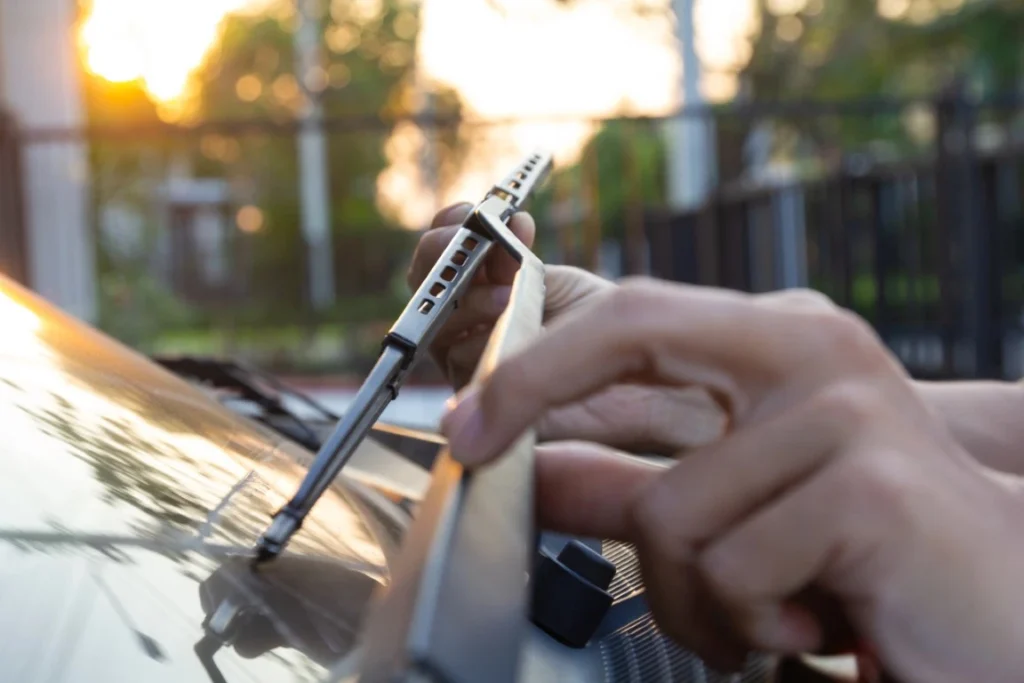
When it comes to car repairs, knowing what you can handle yourself can save you time, money, and frustration. However, it isn’t always best to perform DIY car repairs. In some cases, while it may save you money, it is still best to rely on the professionals for support. Choosing to forego the support of professionals may cost you more in the long run. But what repairs can you make to your care, and what should you leave to the professionals?
In this blog, we’ll discuss a few DIY car repairs you can make yourself and which ones are better left in the hands of the professionals. If you’re considering performing DIY car repairs, keep reading to see what our experts recommend.
DIY Car Repair: Replacing Old Windshield Wipers
Replacing your windshield wipers is one of the simplest DIY car repairs and only requires a few minutes. You can purchase new wiper blades at a local auto parts store and follow the installation instructions on the packaging to ensure they are installed correctly. This easy fix can improve your visibility in bad weather and keep your car safe to drive. However, it is important that you purchase the appropriate wiper blades, as improperly sized blades may not reach across your windshield adequately, leaving you with minimal visibility when you need it most.
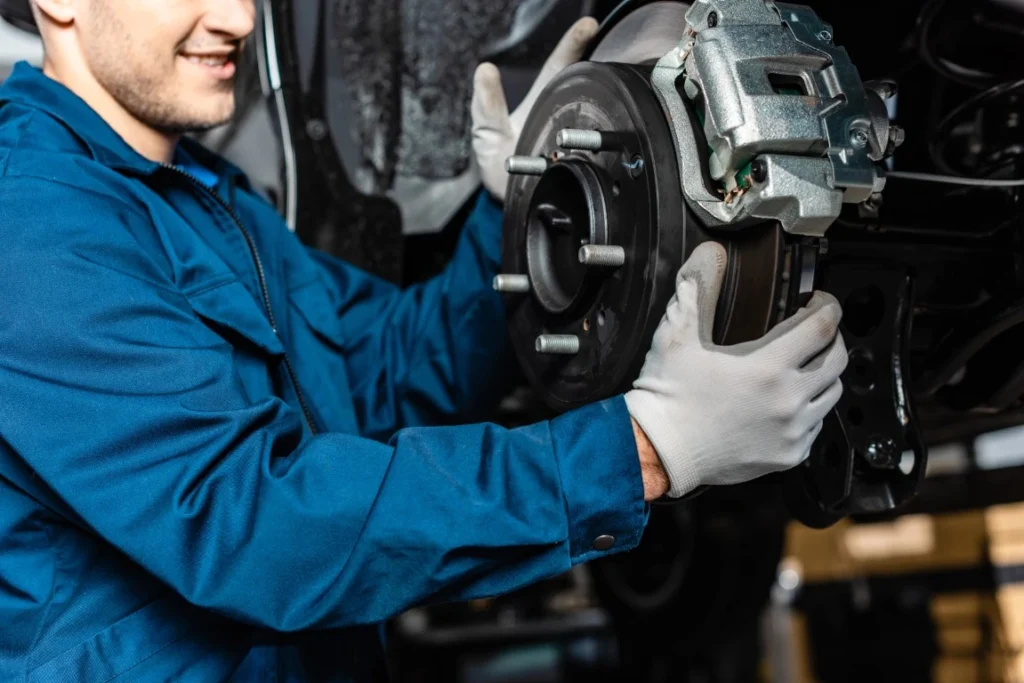
Professional Car Repair: Brake System Repairs
While checking your brake pads and fluid levels is manageable, repairing or replacing elements like rotors, calipers, or the entire braking system is complex. The braking system is essential for your safety, and any repair errors could lead to dangerous driving conditions. Additionally, you will need a variety of tools to replace your brakes that you might not already have, making this a costly investment to make in your vehicle. Instead of attempting this on your own, this is one job best performed by professional mechanics with the right training and equipment.
DIY Car Repair: Changing Your Air Filter
Changing your car’s air filter is another simple DIY car repair you can perform. It often takes just a few minutes and can improve your car’s fuel efficiency and engine performance. Locate your air filter housing, remove the old filter, and replace it with a new one. Your vehicle’s manual will usually include step-by-step instructions to ensure you install this filter properly. If you aren’t sure which air filter is the right size for your car, the professionals at your local auto parts store should be able to help you find one that fits your vehicle.
Professional Repair: Engine Diagnostics and Repair
The engine is the heart of your vehicle, and diagnosing its problems requires specialized tools and expertise. While you might be tempted to troubleshoot issues using an OBD-II scanner, certified mechanics should interpret the results accurately and perform necessary repairs, such as replacing a timing belt or fixing valve issues. Incorrect repairs can lead to more damage and costlier repairs down the line. The most helpful thing you can do when you believe you’re experiencing an engine problem is to provide your mechanic with as much information as possible about the issue you’re experiencing to help them begin the diagnostic process.

DIY Car Repair: Battery Replacement
Most car owners can handle replacing their car batteries. With just a few tools and basic safety precautions, you can swap out a dead or dying battery with a new one. Always ensure the car is turned off and disconnected from the electrical system before starting, and refer to your owner’s manual for specifics. If you choose to replace your car battery, it is important that you don’t throw it in the garbage. Instead, you should find a local recycling center to drop off your old battery to ensure your environment is safe from lead and battery acid contamination.
Professional Car Repair: Transmission Issues
Transmission repairs are among the most complex and costly car repairs. Whether it’s an issue with slipping gears, strange noises, or delayed shifts, diagnosing and fixing transmission problems is best left to professionals who have specialized tools and in-depth knowledge. Attempting to repair it yourself could result in permanent damage or the need for a full replacement, which can be extremely expensive. If you want to avoid the unexpected cost of replacing your vehicle or causing irreparable damage to your car, it is best to schedule an appointment with your trusted automotive professionals.
DIY Car Repair: Replacing Light Bulbs
Replacing headlights, tail lights, or interior lights is a manageable DIY car repair. Most light replacements involve accessing the bulb housing, removing the old bulb, and inserting the new one. This type of repair requires no special skills and can help you avoid tickets or unsafe driving conditions. While removing any bolts and locks that prevent you from reaching the lightbulb may take a bit of time, it is not too difficult to do in less than an hour.
Professional Car Repair: Suspension Work
Your car’s suspension system ensures a smooth ride and helps maintain control of the vehicle. Diagnosing and repairing issues with shocks, struts, or suspension arms is complicated and requires specialized knowledge and tools. Errors during repairs could lead to uneven tire wear or impaired handling, making professional intervention crucial. If your vehicle feels a bit bouncy when going over bumps in the road, it is best to reach out to your trusted automotive professional to schedule repairs.

Protect Your Car at Paskett Auto
Knowing the difference between a simple DIY car repair and a task that requires professional help is essential for maintaining your car’s safety and longevity. While replacing wiper blades, changing air filters, or replacing light bulbs are manageable for most car owners, complex systems like the engine, transmission, and suspension should be trusted by experienced mechanics.
If you need to schedule professional repairs for your vehicle in the Roy, Utah, area, turn to our team at Paskett Auto for support. For almost 30 years, our team has provided the most comprehensive car repairs to vehicles across the Wasatch Front. We’re equipped to handle everything from minor maintenance to major repairs.
When you need to schedule repairs for your vehicle, don’t hesitate to contact us for support.

